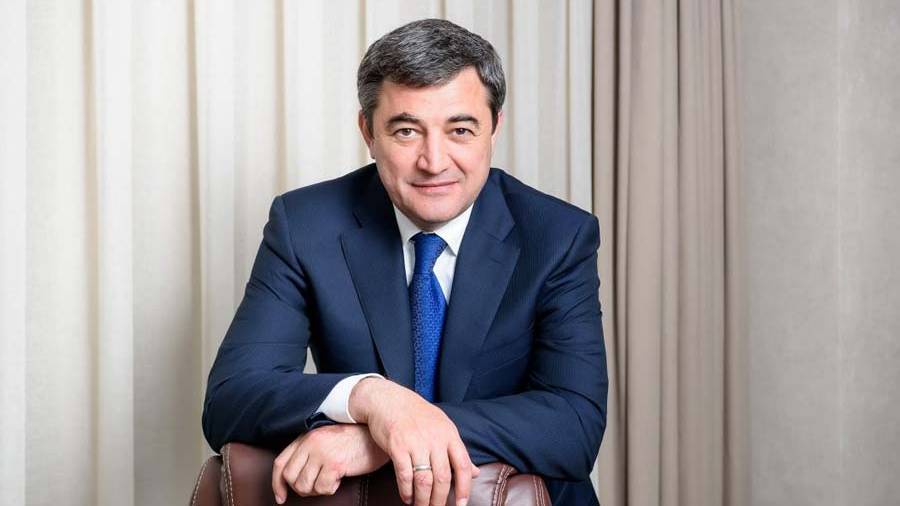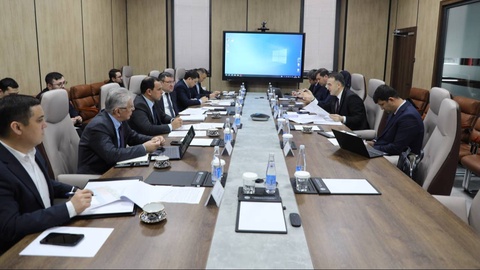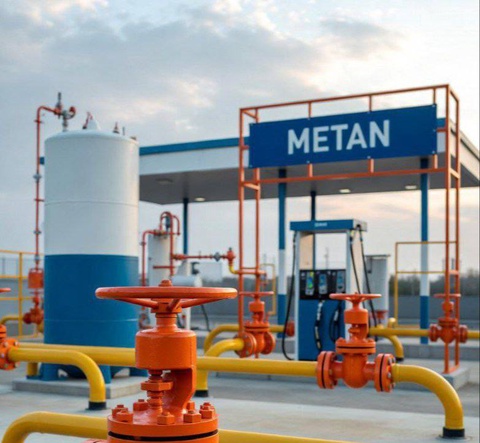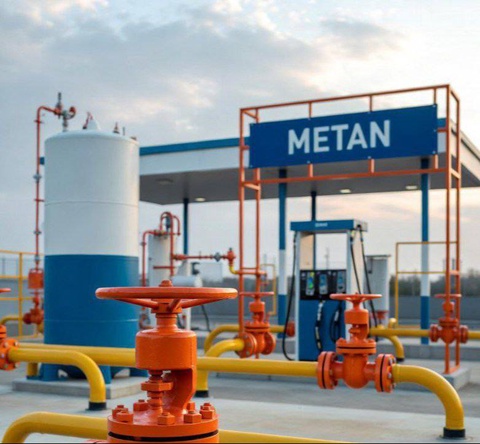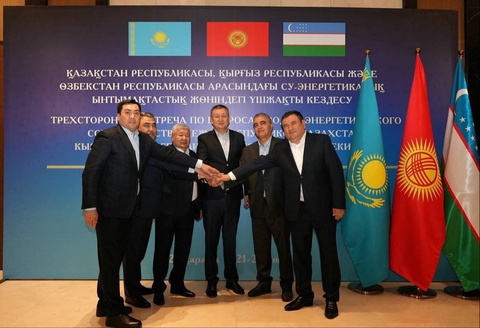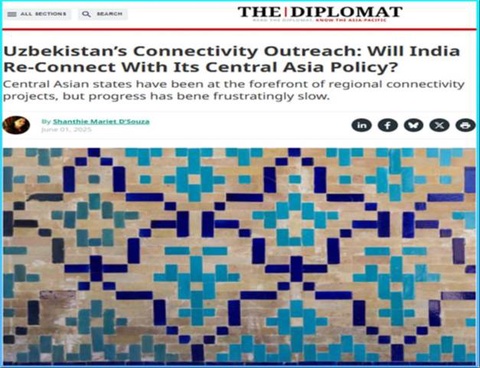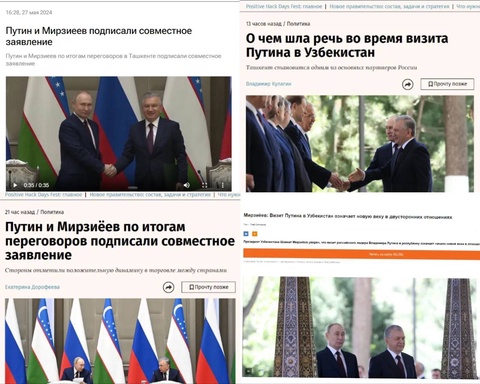“Uzbekistan has been working closely with the World Bank and other international institutions to open up the country’s power sector to private investment,” Uzbekistan’s Energy Minister Alisher Sultanov said. ‘This project, and the confidence of its backers in Uzbekistan, is testament to the reforms our country has implemented to date. This latest financing will help us reach our goal of 25% of energy consumption deriving from renewable sources by 2030. It will also be a key component of Uzbekistan’s ambitious, wider strategy to develop environmentally friendly renewable sources of energy to meet our growing electricity demand,” he added.
According to the Uzbek Energy Ministry, the Electricity Sector Transformation and Resilient Transmission Project will ensure reliable energy supplies to millions of households and businesses across Uzbekistan. It is supported by $380 million in credit from the International Development Association (part of the World Bank Group), and a $43 million loan from the Green Climate Fund (GCF) under the Sustainable Renewables Risk Mitigation Initiative Facility, inforn neweurope.eu.
The government of Uzbekistan will receive this financing at very low interest rates and a long repayment period, of up to 40 years. The GCF will also provide a $4 million grant to cover selected project activities.
The project aims to support Uzbekistan in its clean energy transition by improving the transmission network’s capacity to integrate renewable energy produced by the private sector, the ministry said, adding that the project will contribute to Uzbekistan’s plans to decarbonize its electricity sector, directly support the integration of 1,500 MW of renewable energy into the power grid – leading to further CO2 emissions reduction, and mobilize private investment into Uzbekistan’s renewable energy sector.
In line with the Nationally Determined Contribution under the United Nations Framework Convention on Climate Change, Uzbekistan is committed to policy goals to improve energy efficiency and increase renewable energy’s share of the country’s energy mix, the Uzbek Energy Ministry said, adding that the Central Asian country “is proud to be playing a leading role in developing green energy in the region”.
This project with the World Bank is one of several major projects being undertaken in Uzbekistan, following reforms that have been, and will continue to be implemented, the ministry said. The Government is also working closely with international institutions including the European Bank for Reconstruction and Development, the Asian Development Bank and the International Finance Corporation.
According to the Uzbek Energy Ministry the project will help modernize outdated energy infrastructure by financing part of NEGU’s investment program, rehabilite, upgrade, and expand the 22 existing obsolete high-voltage substations and construct a new 500 kV transmission substation and associated transmission lines in 11 regions of Uzbekistan. The project will also introduce modern digital and telecoms technologies and solutions to improve monitoring, control, and operation of the power transmission system.
A new Supervisory Control and Data Acquisition (SCADA) and Energy Management System for NEGU’s central and regional dispatch centres will replace outdated systems.
The project will also support NEGU’s transformation – new business processes, financial, operational, and commercial performance, digitization, and institutional capacity
Operations and planning functions, corporate governance, and cyber security.
Finally, the project will support new foundations for the transition to a competitive electricity market in Uzbekistan via market reforms, develop the regional electricity trade in Central Asia by rehabilitating and expanding transmission infrastructure connecting Uzbekistan with Afghanistan, Kazakhstan and Tajikistan’s electricity systems.
The project was prepared with a $350,000 grant from the Europe and Central Asia Regional Capacity Development Trust Fund and a $500,000 grant from the Program for Asia Connectivity and Trade. It was informed by the Support for Preparation of Energy Sector Strategy programmatic technical assistance co-funded by the World Bank-led Energy Sector Management Assistance Program.
In Uzbekistan, electricity demand is expected to grow to over 100 TWh by 2030, a significant increase from 61 TWh in 2018. Uzbekistan has over 250,000 kilometers of electricity transmission and distribution lines, most of which were built during the Soviet period and are now past their useful economic life.


